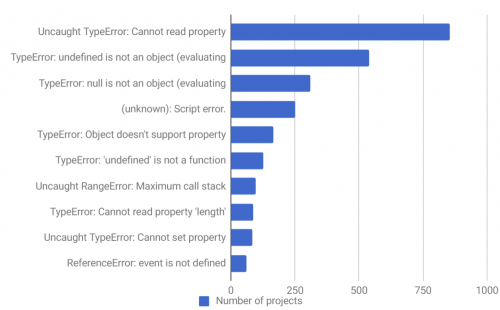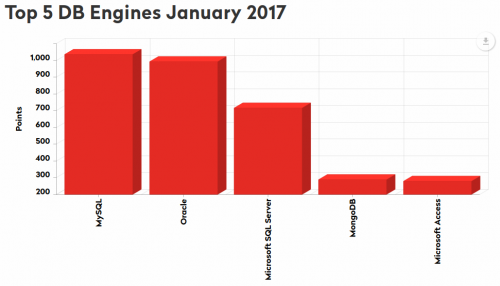Awful AI :
Awful AI is a curated list to track current scary usages of AI – hoping to raise awareness to its misuses in society
Artificial intelligence in its current state is unfair, easily susceptible to attacks and notoriously difficult to control. Nevertheless, more and more concerning the uses of AI technology are appearing in the wild. This list aims to track all of them. We hope that Awful AI can be a platform to spur discussion for the development of possible contestational technology (to fight back!).
It’s great that someone is working on raising awareness!

